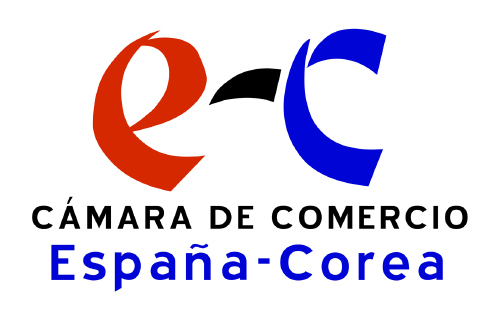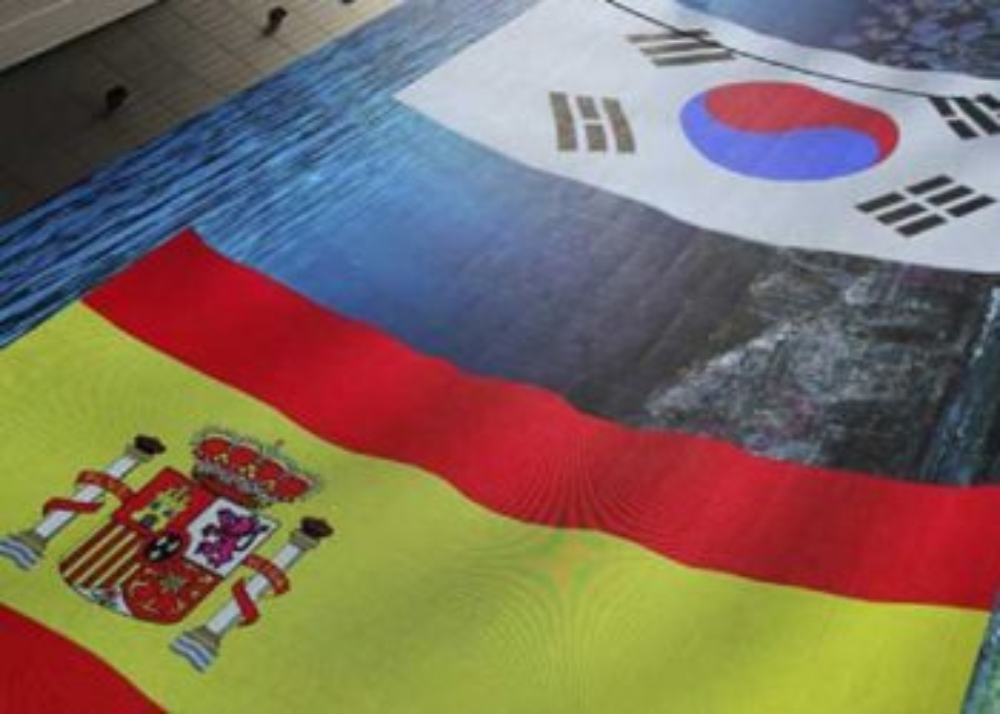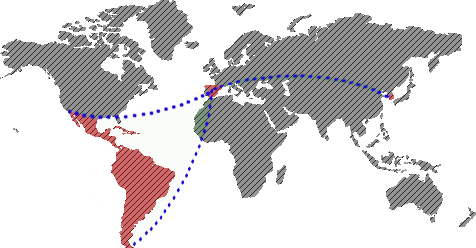On July 7, 2020, the 21st Economic Cooperation Committee Spain - Korea was held, organized by the Spanish Chamber of Commerce, together with the Secretary of State for Trade/ICEX and the Spanish Confederation of Business Organizations (CEOE) in collaboration with the Korea Chamber of Commerce and Industry (KCCI).
The session provided the opportunity to learn first-hand about the possibilities of cooperation between Spain and Korea in the current situation post Covid 19, offering information from experts from both countries, as well as from the Spanish and Korean Ambassadors, among others.
Firstly, Mr. Yongmaan Park, Chairman Korean of Bilateral Committee and Mr. Kim Faura, Chairman Spanish side of Bilateral Committee, welcomed the attendees, emphasizing the willingness to continue and strengthen the collaboration between both countries despite the crisis suffered by the coronavirus pandemic.
Next, Mr. Juan Ignacio Morro Villacián, Spanish Ambassador to Korea, highlighted that although trade relations between Spain and Korea are very good at present, they are not intense enough, and it is therefore necessary to continue working hard to achieve common objectives. Important events have taken place in recent months that have brought the two countries closer together, such as the official visit of the King and Queen of Spain to Korea in October last year, the visit of President Moon to Spain scheduled for this year and the celebration of the 70th anniversary of the establishment of diplomatic relations between Spain and the Republic of Korea. He therefore identified four levels of action to be taken:
- At the political level, taking advantage of the visits of the heads of state of both countries.
- At the economic level, strengthening the technology and infrastructure market, among other sectors, given that Korea is the third most important market for Spain in the Asian region.
- At a tourist level, increasing tourism in Korea with the help of the Embassy.
- At a cultural level, highlighting projects such as the imminent opening of a new headquarters for the Cervantes Institute in Seoul, or a future exhibition of the Prado Museum also in the capital.
Following this intervention, Ms. Mª Paz Ramos, Director General-Overall Direction of International Trade and Investment, Secretariat of State for Trade, made an analysis of the sectors that are facing the greatest difficulties as a result of COVID-19.
On the one hand, she pointed out that we are facing a global economic recession caused by the lack of movement of people, which has caused a crisis in transport, as well as a great lack of liquidity of companies and individuals, and consequently in business productivity and, ultimately, in business.
With regard to bilateral relations, he said that this crisis had had a great impact on exports, especially in agriculture. However, in 2019 the figures were very good thanks to the aeronautical sector, so there is no great pessimism about the figures. Taking these data into account, he states that the duty of institutions and companies is to face these challenges and establish new partnerships to overcome it as soon as possible. This crisis should boost technologies and Spanish and Korean companies should benefit from this, taking advantage of the synergies between both to move forward.
Finally, the Director General highlighted a pending issue between both countries, which is bilateral investment, even with a very timid flow that should be increased, both in the direction of Spain, especially in the energy sector, and towards Korea, inviting Spanish companies to set up their business centres there. Mrs. Ramos concluded by highlighting the great collaboration with the Korean commercial agency Kotra, which has been of great help in various aspects of the pandemic, and making itself available to Korean investors to inform them and help them in all that they need.
Following this, Mr. Soyoung Kim, Professor at Seoul National University, gave a presentation on the evolution and impact of the economic effects caused by COVID-19, highlighting the devastating effect on the growth of the national economy, particularly in the export, service, and manufacturing sectors. He also explained that the economic projection presents great uncertainty, in which the effects on the negative economy are expected to last longer than expected, due, among other factors, to possible outbreaks of the virus and the non-survival of many small and medium-sized enterprises. And finally, he concluded that the Korean economy faces two major challenges: in the short term, overcoming the coronavirus crisis, and in the long term, boosting economic growth.
In the next block, dedicated to business cooperation in both countries, Mr. Joon Hyuck Park, Senior Vice President of the Korean company GS Engineering & Construction Corp. Mr. Park made a presentation of the company, which is a global leader in the desalination and water treatment industry and focuses on the business concessions, O&M and construction sectors and is expanding and growing globally. In Spain it operates as GS Inima. Secondly, Mr. Oskar Goitia, Chairman of Mondragón International, spoke. After presenting the Spanish business group working in the industrial, financial and distribution sectors in the health, oil & gas and catering sectors, he also pointed out its initiatives in the field of knowledge and education, such as the collaboration between Mondragón University and Seoul University.
Finally, Mr. Hong-jo Chun, Korean Ambassador to Spain, closed the session by highlighting that 2020 is a very important year for Spain and Korea due to the celebration of the 70th anniversary of their diplomatic relations, despite the crisis of the COVID-19, and expressing his desire to take advantage of the excellent opportunity of the anniversary to strengthen relations between the two countries.
The session was coordinated by Mr. Jaime Montalvo, International Director of the Spanish Chamber of Commerce.






